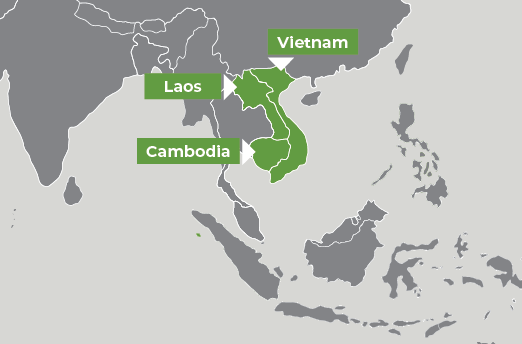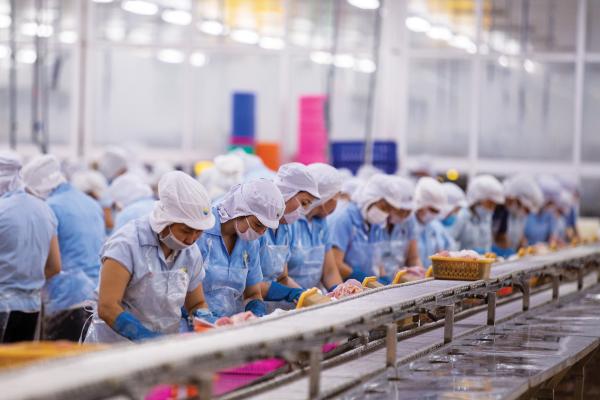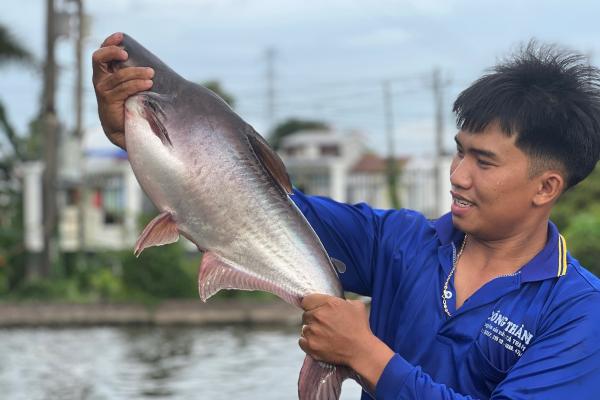Overview
Globally, fisheries and aquaculture contribute to food security, nutrition, income, and livelihoods. Farmed and wild-caught catfish (Pangasius) generate incomes for smallholder farmers in Cambodia, Laos and Vietnam across the Mekong River Basin. The fish also provide an important source of dietary protein and essential nutrients.
Fluctuating commodity prices, climate change, COVID-19, consumer perceptions on food and health safety, socio-environmental and technological issues, and political changes have enormous impacts on the continued availability of catfish for human consumption.
Reducing food loss and waste along the catfish value chain is critical to farmers, the private sector including agribusiness, government agencies, and all actors involved along the value chain to the consumer. Currently, there are gaps in knowledge of food loss and waste along the catfish value chain.
This project will build capacity and strengthen understanding of possible interventions that would improve industrial processes to decrease food loss and waste in this value chain.
This project is part of the Food Loss Research Program—a partnership between ACIAR and Canada’s International Research Development Centre. The program works with partners in developing countries to address food loss through innovative, locally driven solutions.
Expected project outcomes
- Industry, farmers, associations (e.g. Vietnam Pangasius Association), institutes and government agencies in Vietnam, Cambodia and Laos understand food loss and waste in catfish chains and develop practices to reduce food loss and waste. These practices are adopted, with the support of government and the private sector, and food loss and waste are reduced across the catfish value chain increasing livelihoods/profits/benefits for stakeholders.
- Farmers and industry participants prioritise food loss and waste interventions, and design, trial and assess mutually-agreed high-impact options in targeted catfish chains in Vietnam, Cambodia and Laos. Industry participation underpins adoption of high impact solutions leading to successful solutions for smallholder farmers and commercial enterprises, and increased livelihoods/profits/benefits for participants.
- Women, girls and minority groups in catfish chains actively participate in research projects in Cambodia, Laos and Vietnam, enabling greater inclusivity in the industry across a broader scope of activities.
- Private firms throughout catfish chains in Vietnam, Cambodia and Laos support and facilitate ongoing food loss and waste reduction methods and processes for both farmers and value chain partners.
- Adoption of research findings, following best practices and increased collaboration between farmers, industry, enabling organisations, colleagues and participants will decrease food loss and waste in catfish value chains.





